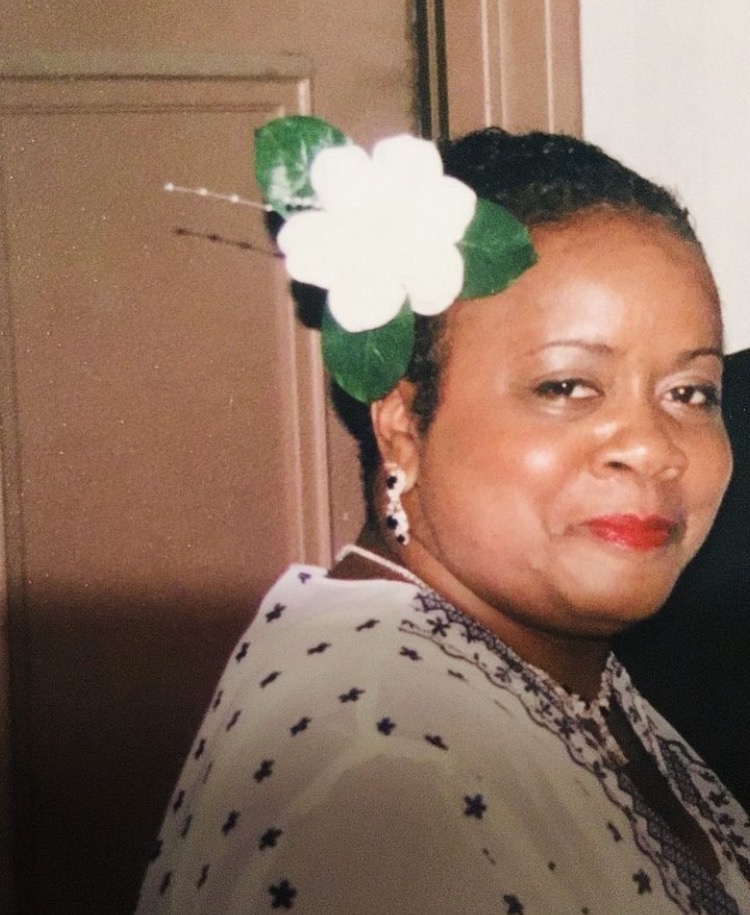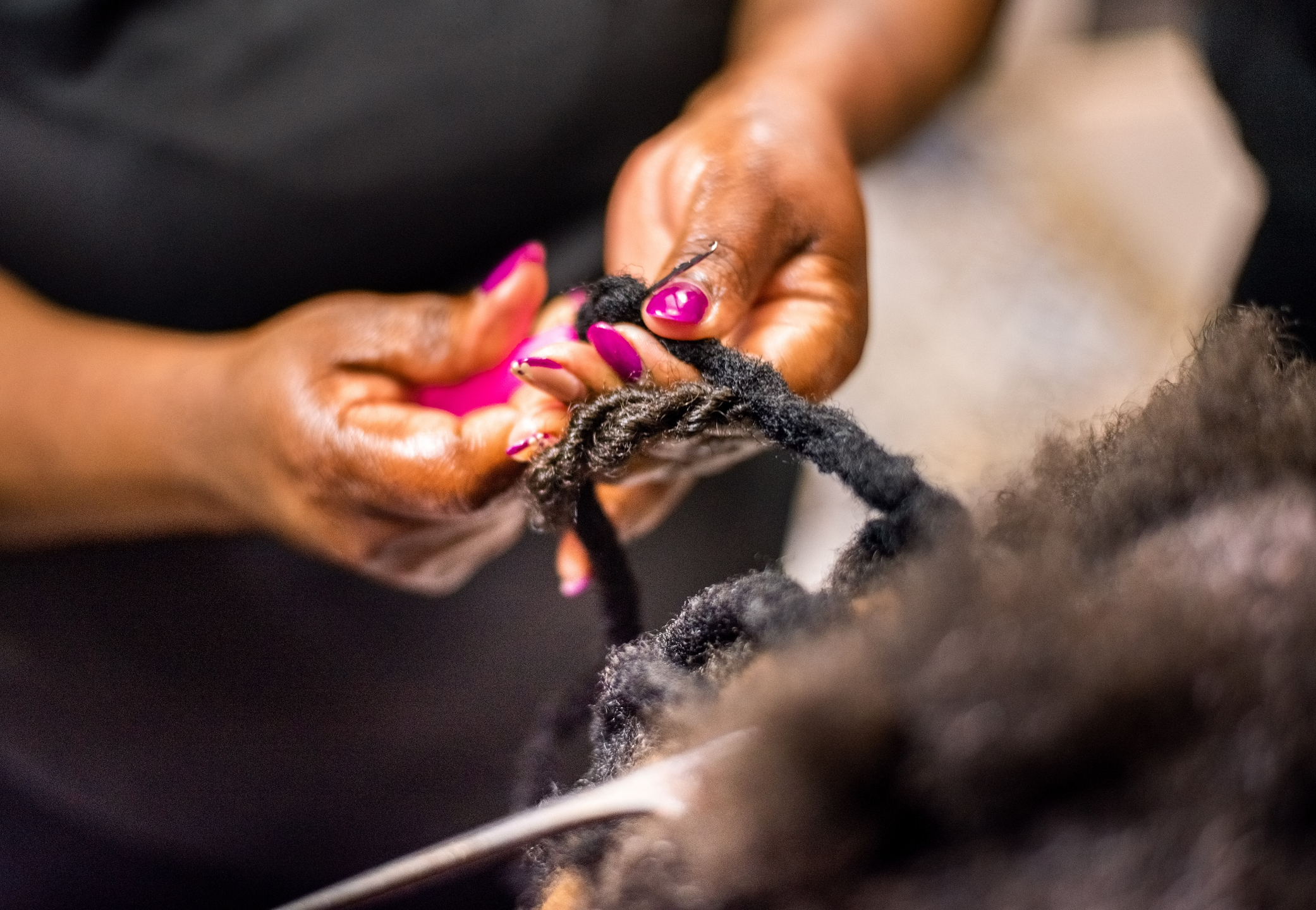When a loved one departs from this life, the yearning for connection and solace often manifests uniquely and personally. For Destiny Frieson, who was grappling with the loss of her grandmother, decided to install her late grandmother’s locs for peace..
Preserving the Essence of Her Grandmother
Whenever its a loved one or close friend, Frieson has to have something from their life. It is a way for her to still feel close to them. For her grandmother, she kept her locs and an old-fashioned blow dryer, along with all the memories shared. She had the locs in her closet for a year before contemplating ways to make the connection more meaningful.
After pondering on the subject, she decided to have the locs installed on her head.
“My grandmother was my best friend,” she said. “By doing this, I knew it would help me.”
Frieson wanted to have the memory of her late grandmother stay throughout generations. She wishes to make this act a tradition in her family. “I know I had something I could pass down within my family,” she said. “The longer the locs get, I cut them and share the pieces.” An action that started off as a way for her to heal has become a tradition for generations to come.

‘I Felt More At Peace’
Frieson started to feel a greater closeness with her late grandmother’s locs installed in her head. The feeling ultimately helped her with her grief.
“I felt more at peace,” she said. “Other than that, a little bit wiser. I called myself, trying to ‘check my mom’ the other day, and I almost got backhanded. I was like, let me calm the wise down.”
The locs represent her grandmother and offer Frieson a long-lasting connection to her. She admits that with them, she doesn’t feel as distraught. They are a symbol that her grandmother is always with her.
Healing Through Grief
The healing process through grief is complex, and it’s a nonlinear process. Licensed Clinical Social Worker Chanel Townsend shared that the stages of grief are denial, anger, bargaining, depression, and acceptance, with only some people experiencing all stages.
“There is no perfect way to heal, [so] we must find what’s healthy for us,” she said. “I always encourage our healing to be healthy and not harmful to our bodies or minds. This ‘healthy healing’ is highly encouraged because when we are hurting, it’s easy to fall into the use of things that are numbing, such as alcohol or drugs, or lose ourselves in the pain of the grief.”
Townsend believed Frieson’s healing process stemmed from her viewing grandmother as very special and inspiring.
“It is a very normal part of the healing journey of grief what Frieson did,” she said. “Her way of healing seems to be full of love.”
